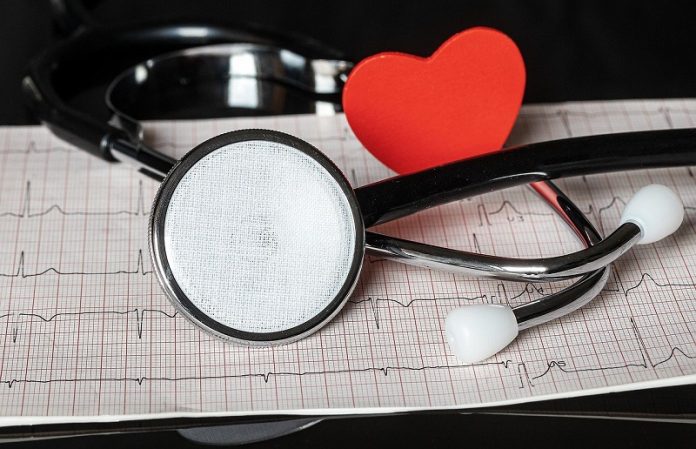
A recent study has brought to light a concerning connection between rush-hour traffic air and an increase in blood pressure.
This research, conducted by a team led by Joel Kaufman from the University of Washington, was published in the Annals of Internal Medicine.
It reveals how exposure to unfiltered air during rush hour can significantly raise blood pressure, not just during the drive but for up to 24 hours afterward.
For over a century, high-traffic roads have been a staple in American cities, and with them comes a constant flow of pollution.
This pollution is not just exhaust from cars; it also includes brake and tire wear, plus road dust. Long-term exposure to this mix of pollutants has already been linked to serious health issues like heart disease, asthma, lung cancer, and even death.
Kaufman, a physician and professor, explains that our bodies have a complex system to regulate blood pressure, especially to the brain. Traffic-related air pollution seems to interfere with this system.
An earlier study in Kaufman’s lab had shown that diesel exhaust fumes could increase blood pressure in a controlled environment. The new study aimed to test this in a real-world scenario, focusing on the effects of traffic-related air pollution.
The study involved healthy participants aged between 22 and 45. They were driven through Seattle’s rush-hour traffic while their blood pressure was monitored. In some drives, the car allowed unfiltered road air to enter, similar to a typical driving experience.
In other drives, the car had high-quality HEPA filters, blocking 86% of particulate pollution. Participants were unaware of whether they were in a clean or polluted air environment during the drive.
The findings were significant. Breathing unfiltered air led to an increase in blood pressure of more than 4.50 mm Hg compared to drives with filtered air.
This increase happened quickly, peaking around an hour into the drive and remaining elevated for at least 24 hours. The study did not examine effects beyond this time.
The magnitude of this blood pressure increase is similar to the effect of a high-sodium diet. Kaufman notes that even modest increases in blood pressure, when looked at across a population, are linked to a significant rise in cardiovascular disease.
This study adds to the growing understanding that air pollution, even at relatively low levels, contributes to heart problems.
A key part of this study was its focus on ultrafine particles. These particles, less than 100 nanometers in diameter and invisible to the naked eye, are abundant in traffic-related air pollution.
In the study, unfiltered air had high levels of ultrafine particles, although overall pollution levels were relatively low. Kaufman hints that these ultrafine particles might be particularly important for blood pressure, though further research is needed to prove this.
This study stands out because it replicates real-world conditions that millions experience daily.
Michael Young, a lead author of the study, highlights the uniqueness of this approach, noting that it isolates the impact of pollution from other factors like stress and noise typically experienced on the road.
The findings are crucial as they mimic situations encountered daily by a vast number of people, underlining the importance of considering air quality in our daily commutes and its potential impact on long-term health.
If you care about high blood pressure, please read studies that early time-restricted eating could help improve blood pressure, and natural coconut sugar could help reduce blood pressure and artery stiffness.
For more information about blood pressure, please see recent studies about added sugar in your diet linked to higher blood pressure, and results showing vitamin D could improve blood pressure in people with diabetes.
The research findings can be found in the Annals of Internal Medicine.
Copyright © 2024 Knowridge Science Report. All rights reserved.



